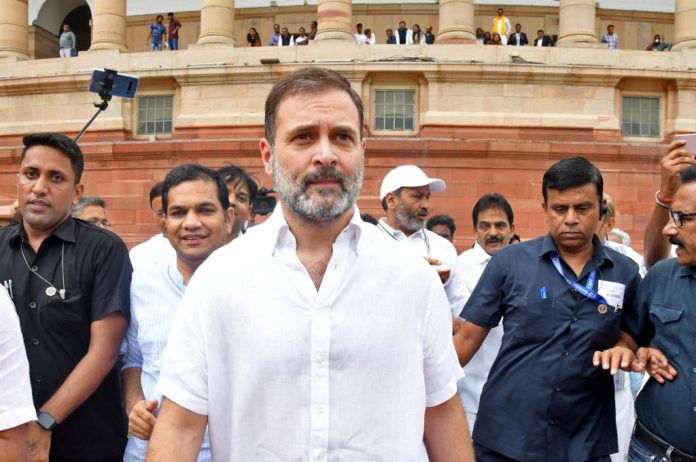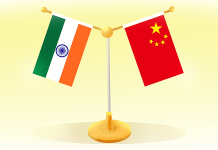In the complex landscape of Indian politics, few controversies have been as persistent as the debate over Congress leader Rahul Gandhi’s citizenship. Central to this discourse is Bharatiya Janata Party (BJP) leader Subramanian Swamy, who has repeatedly questioned Gandhi’s nationality, alleging that he holds British citizenship. This article delves into the origins, developments, and current status of this contentious issue.
The Genesis of the Controversy
The controversy began in November 2015 when Subramanian Swamy claimed that Rahul Gandhi had declared himself a British citizen in documents related to a UK-based company, Backops Limited. Swamy alleged that Gandhi served as a director and secretary for the company, and in its annual returns filed in 2005 and 2006, his nationality was listed as British. These assertions were based on documents purportedly obtained from the UK’s Companies House, the official registrar of companies in the United Kingdom.
Legal Pursuits and Political Repercussions
Following these allegations, Swamy took legal action by writing to Prime Minister Narendra Modi, urging the government to revoke Gandhi’s Indian citizenship and parliamentary membership. He contended that by declaring himself a British national, Gandhi had violated constitutional provisions, specifically Article 9 of the Indian Constitution and the Citizenship Act of 1955, which prohibit dual citizenship.
In response, the Ministry of Home Affairs issued a notice to Rahul Gandhi in April 2019, seeking clarification on his citizenship status. Despite this, Swamy expressed dissatisfaction with the progress, leading him to file a Public Interest Litigation (PIL) in the Delhi High Court in August 2024. The PIL sought a directive for the Home Ministry to expedite its decision on his complaint and provide a status report.
Rahul Gandhi’s Defense
Rahul Gandhi and the Indian National Congress have consistently refuted these allegations. In March 2016, Gandhi responded to a notice from the Lok Sabha Ethics Committee, asserting, “I have never at any stage sought or acquired British citizenship. My identity is that of an Indian.” He challenged Swamy to produce concrete evidence, such as a British passport number, to substantiate the claims.
The Congress party further argued that any discrepancies in the UK company’s documents were likely clerical errors. They emphasized that Gandhi has always been an Indian citizen, holding an Indian passport since birth.
Judicial Outcomes and Current Status
The judiciary has addressed this matter on multiple occasions. In May 2019, the Supreme Court dismissed a plea seeking to bar Rahul Gandhi from contesting elections based on the citizenship allegations. The court questioned the authenticity of the documents presented and the basis of the allegations, with a judge reportedly remarking, “Just because a document mentions him as British, does it automatically make him a British citizen?”
As of February 2025, the Delhi High Court has yet to deliver a final verdict on Swamy’s PIL. The Ministry of Home Affairs has not publicly disclosed the findings of its investigation into Gandhi’s citizenship status. The Congress party maintains that the allegations are baseless and politically motivated, aimed at diverting attention from pressing national issues.
Implications for Indian Politics
This controversy underscores the intense political rivalry between the BJP and the Congress. It highlights how legal instruments and allegations can be employed as tools in political strategy. The persistence of this issue, despite multiple legal dismissals, reflects the charged atmosphere of Indian politics, where personal attacks and legal challenges are often intertwined with policy debates.
The debate over Rahul Gandhi’s citizenship, propelled by Subramanian Swamy’s allegations, remains a significant chapter in contemporary Indian politics. While legal proceedings continue, the discourse serves as a reminder of the intricate relationship between law and politics in India. As the situation develops, it will be essential to monitor judicial outcomes and official statements to gain a comprehensive understanding of the matter.
By – Jyothi
Also Read – Chhaava: “Spectacular” movie, Vicky Kaushal is “Terrific,”




